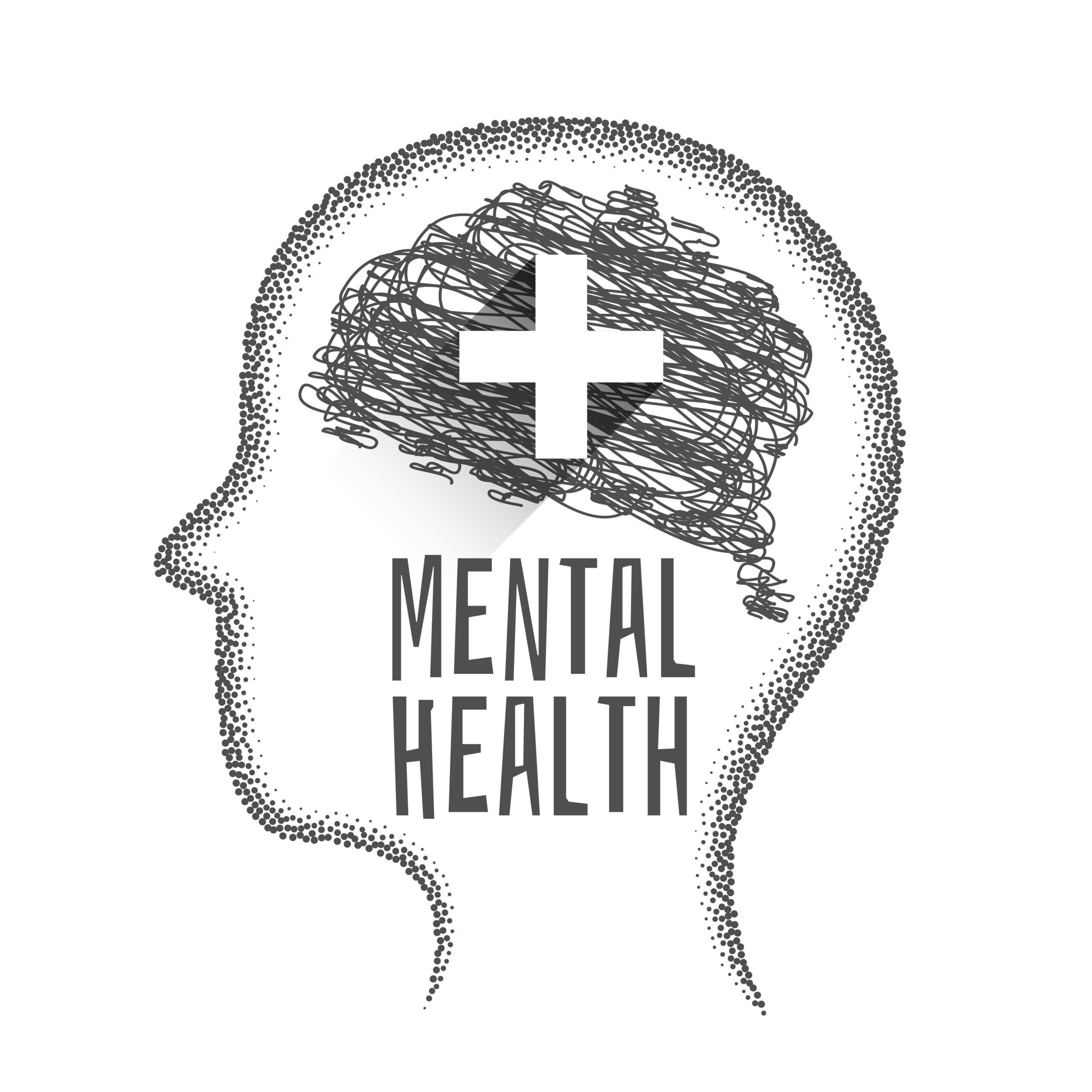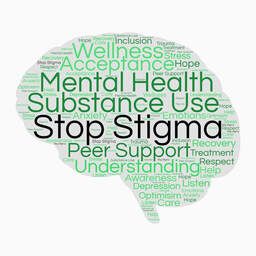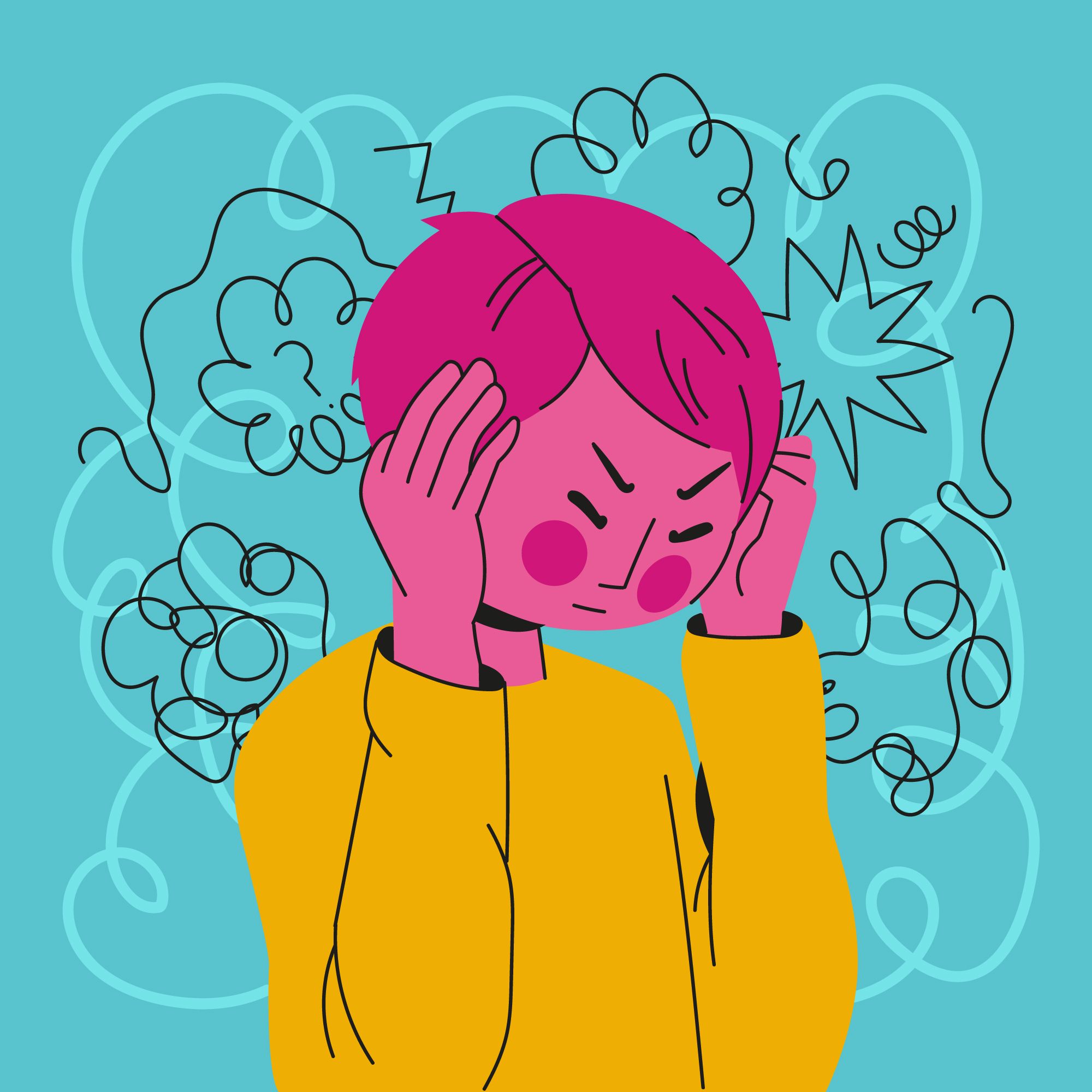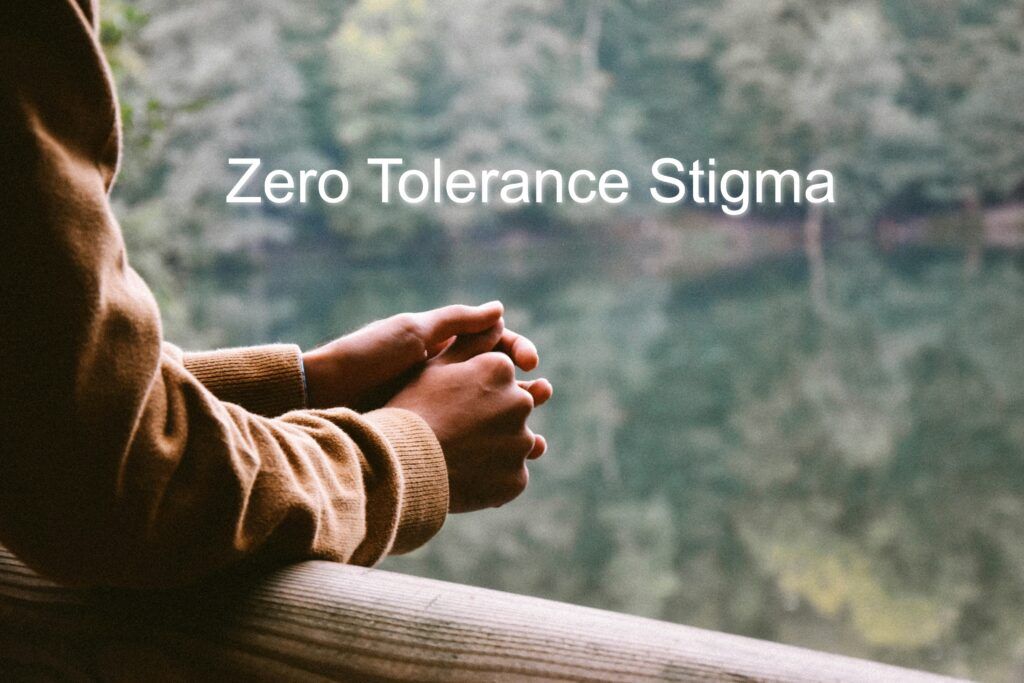And just like that, we’ve reached the final chapter of our A2Z Blogchatter journey! It’s been a month of deep diving into the many shades of mental health, and today, as we stand at the letter Z, I can’t think of a better note to end on than Zero-Tolerance for Stigma.
Because if there’s one thread that has silently woven through every topic we’ve talked about — from Anxiety to Youth mental health — it’s this: stigma. The heavy, invisible barrier that still stands between people and the help, understanding, and healing they deserve.
Let’s talk about it. Honestly. Openly. Because change begins when silence ends.

What Does Stigma Around Mental Health Really Look Like?
Stigma isn’t always loud or obvious. Sometimes, it’s a whisper behind someone’s back. A judgmental glance. A subtle assumption that “they’re weak” or “they’re making excuses.” It’s the casual jokes about therapy. The reluctance to hire someone with a mental health history. The advice to “just think positive” without listening deeper.
Stigma teaches people to hide. It teaches them to suffer quietly. It tells them that seeking help is shameful. It tells them they are less than.
And the harsh truth? Stigma kills. It delays diagnosis. It prevents people from reaching out. It isolates those who are already hurting. And in too many heartbreaking cases, it leads to lives lost too soon.

What Zero-Tolerance Really Means
When we say “zero-tolerance for stigma,” we don’t just mean posting supportive quotes on social media once a year. We mean:
- Calling out insensitive remarks even when it’s uncomfortable.
- Educating ourselves and others about mental health conditions beyond stereotypes.
- Choosing empathy over judgment—every single time.
- Making therapy, counseling, and mental health conversations normal, not exceptional.
- Checking our own biases, because sometimes stigma comes from what we’ve unconsciously absorbed over years.
Zero-tolerance means that there is no room for laughing at someone’s struggles. No room for labeling someone as “crazy” or “unstable” because they’re navigating depression, anxiety, OCD, PTSD, or any mental health condition.
It means standing up, even when it’s easier to stay silent.

What You Can Do, Starting Today
Listen without fixing.
Sometimes people don’t want solutions. They want presence. Your calm, non-judgmental listening can be more healing than any advice.
Share your story (if you feel safe).
Every time someone says, “I go to therapy,” or “I’ve struggled with anxiety,” it chips away at the walls of shame. Vulnerability is powerful.
Normalize check-ins.
Asking “How’s your mental health?” should be as common as “How’s work?” Let’s make emotional well-being part of everyday conversations.
Hold space for complexity.
People are not their diagnoses. They are whole human beings with dreams, talents, quirks, and infinite worth. See the person, not the label.

A Personal Reflection as We End A2Z
Writing this month’s posts, day after day, has been a labor of love—and truthfully, a journey of reflection for me too. Each letter, each topic, was not just a post—it was a reminder of how layered, tender, and universal the human experience is.
Mental health isn’t about “us vs them.”
It’s about all of us.
Because at some point in life, every one of us grapples with emotions, loss, loneliness, fear, or healing.
If this A2Z journey has reminded you of anything, I hope it’s this: You are not alone. Your struggles are valid. Your healing is possible. And there is always hope.

As we wrap up today with Zero-Tolerance for Stigma, I want to leave you with this:
Let’s build a world where nobody feels ashamed to say, “I’m struggling.”
A world where seeking help is seen as strength.
A world where kindness is not the exception, but the rule.
Thank you for being a part of this journey with me. Thank you for reading, reflecting, and staying open-hearted.
Though A2Z ends here, our conversations around mental health never have to.
Take care of yourself, gently. And remember: Healing isn’t a race. It’s a lifelong, beautiful, messy, courageous journey — and you’re doing better than you think.
With deepest warmth,
Always.



This is a very important topic that you have handled with sensitivity and empathy. Sometime sit is this stigma that prevents many from seeking timely help and that can cause a lot of damage, sometimes irreparable even.
Other than stigma , I have found that not many well qualified counsellors are available and therapy is costly.Still , not seeking help is worse. We still need to do a lot to reduce the stigma, not just social sensitization but a more inclusive HR policy and medical insurance that covers mental health.
Your perspective on ‘zero tolerance for stigma’ is both refreshing and empowering. It’s a powerful reminder that true change begins with us, not just our words. Thank you for sharing such an insightful piece